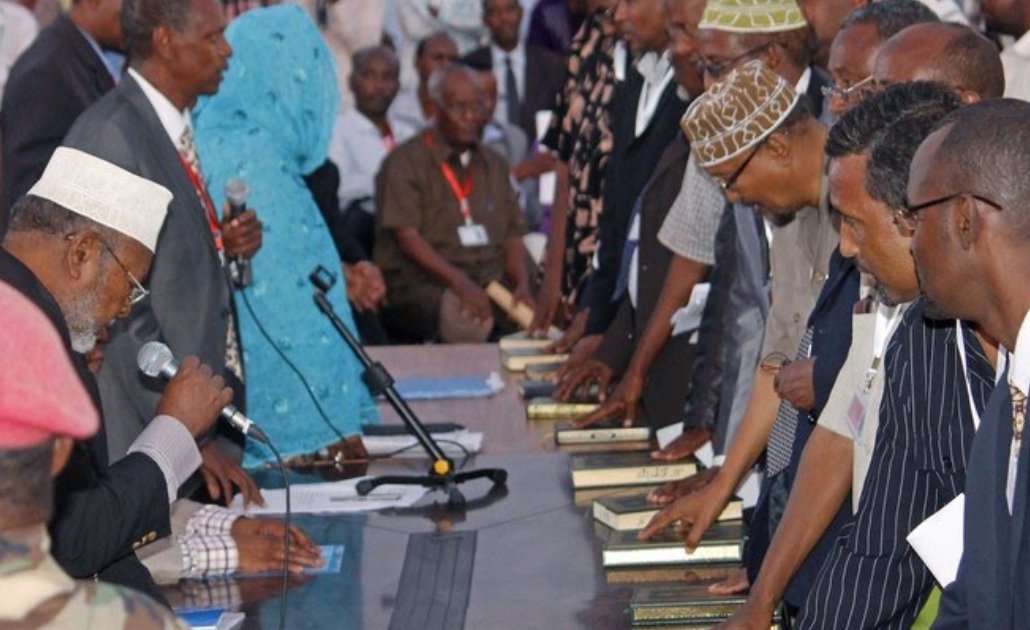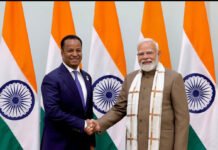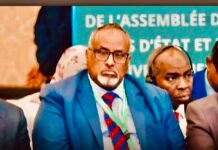Friday, July 4, 2025-HAN
Mogadishu — More than three decades after the collapse of Somalia’s central government in 1991, the country continues to grapple with instability, insecurity, and deep political divisions. Despite repeated efforts by local, regional, and international actors to restore a functioning and unified Somali state, progress has been slow and fragile. The central question remains:
Why do Somali politicians struggle to reach a unified position that could build a strong government and lead the country towards peace and prosperity?
Experts and analysts point to a complex web of internal and external factors that have consistently undermined nation-building efforts.
- Clan-Based Politics and Widespread Mistrust
Somalia’s political landscape has long been shaped by its clan system, which dominates power-sharing arrangements. Most politicians tend to represent the interests of their own clan or sub-clan rather than the broader national good. This fuels competition, suspicion, and fear among communities, each worried about being marginalized or losing access to power and resources. A shared national vision remains elusive, making genuine cooperation difficult. - External Influence and Persistent Interference
Neighboring states and global powers have long played a role in Somalia’s internal affairs — often deepening divisions rather than fostering unity. These actors support rival politicians or factions to protect their own strategic, economic, or security interests. Such interference has further fragmented Somalia’s political scene, making consensus among leaders harder to achieve. - Power Struggles and Personal Interests Above National Priorities
The pursuit of power, wealth, and personal gain continues to drive much of Somalia’s political culture. The fierce competition over control of state resources, contracts, and international aid has led to endless disputes, fragile alliances, and coalitions that collapse when personal interests are threatened. This self-serving approach undermines efforts to rebuild national institutions. - Weak Institutions and Lack of Confidence in the System
Somalia’s state structure remains weak and highly politicized. The country lacks independent institutions — such as a credible judiciary, trustworthy electoral bodies, and professional security forces — which erodes faith in the political process. Without guarantees that agreements will be honored and power shared fairly, politicians hesitate to compromise or commit to long-term solutions. - Failed Reconciliation and Exclusionary Dialogue
National reconciliation initiatives have often been limited in scope and impact. Efforts meant to unite Somalia’s diverse communities — from clans and political parties to women, youth, and civil society — have largely fallen short. Many groups still feel excluded from shaping the country’s future, leading to frustration and resistance to building a strong central government. - Insecurity and the Threat of Al-Shabaab
Persistent instability and the violence perpetrated by Al-Shabaab and other armed groups have further complicated the political situation. These groups exploit divisions among Somali leaders to derail state-building efforts. The constant threat of attacks makes it difficult for politicians to meet openly, hold safe discussions, or build trust.
The Way Forward
To overcome these challenges, Somali leaders must break free from clan loyalties, reject foreign interference, and put national interests above personal or factional agendas. Genuine reconciliation, inclusive dialogue, and the building of strong, independent institutions are key to achieving the peace, stability, and prosperity that Somalis have long desired.
The road ahead is difficult, but Somalia’s future depends on its leaders’ ability to unite for the common good.




